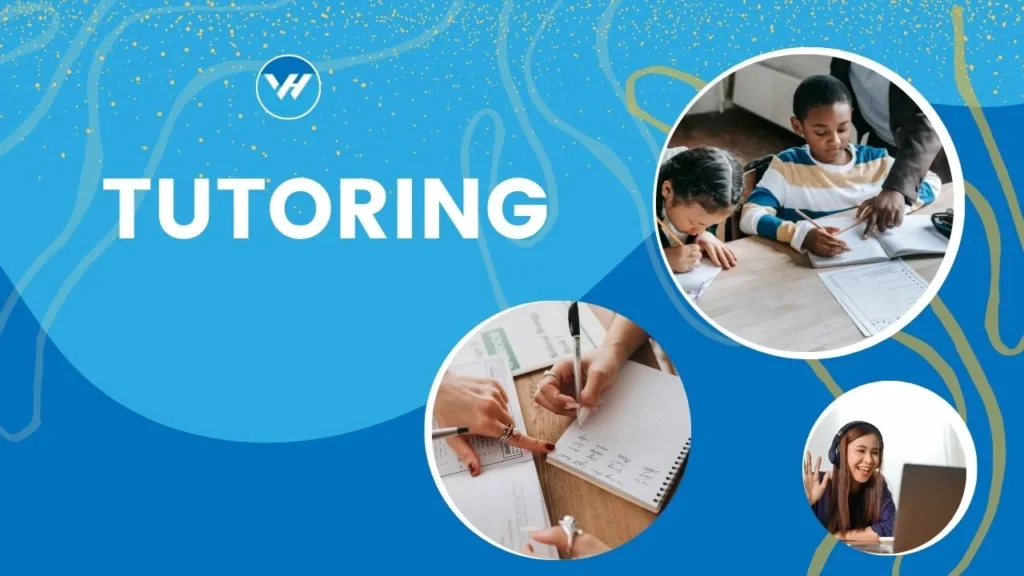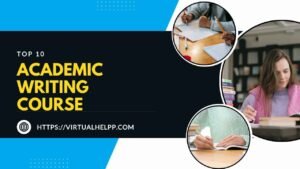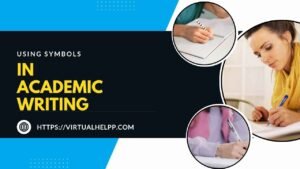
Table of Contents
ToggleIntroduction
Tutoring is one of the oldest teaching methods, tracing back to ancient Greece when philosophers like Plato and Socrates taught wealthy children individually or in small groups. Throughout history, tutoring has evolved from a privilege of the rich to an accessible resource for students of all backgrounds. Today, tutoring is available through schools, community programs, and private services, aiding students in subjects ranging from reading and math to preparing for high-stakes tests like the SAT or GRE.
Defining Tutoring Beyond the Dictionary
The dictionary defines a tutor as someone who provides individual or small group instruction. However, this definition falls short. Tutoring’s true purpose is to guide students toward becoming independent learners, capable of mastering subjects independently.
Benefits of Tutoring
For the Tutee:
- Personalized learning experiences
- Increased self-esteem and academic performance
- Enhanced personal growth and self-directed learning
For the Tutor:
- Deepening subject matter knowledge
- Developing teaching and interpersonal skills
- Contributing positively to students’ educational journeys
The Right Way to Conduct Tutoring
Effective tutoring is not just about helping with homework. It involves a systematic, structured approach to learning, focusing on improving the student’s understanding and confidence in the subject matter.
Choosing the Right Tutor
Selecting a tutor requires careful consideration. While intelligence and subject knowledge are crucial, the tutor’s personality and professional training are equally important. Look for a tutor who:
- Is enthusiastic and passionate about the subject
- Has a genuine desire to help and share knowledge
- Exhibits patience, empathy, and open-mindedness
Tutors vs. Homework Machines
There’s a common misconception that tutors are just there to help with homework. However, a tutor’s role is much more significant. Effective tutors guide students through learning processes, helping them understand concepts and solve problems independently.
The Goal of Tutoring
The primary aim of tutoring is to foster independence in learners. This involves teaching students how to think critically, analyze problems, and develop lifelong learning skills.
Effective Tutoring Practices
Socratic Method: This approach involves answering a student’s question with another question, guiding them to find the solution on their own. It’s a powerful tool for developing critical thinking and problem-solving skills.
Procedure-Oriented Approach: Tutoring should focus on the process of learning, not just the answers. This helps students understand the rationale behind each step and remember procedures more effectively.
Socratic Questioning in Detail
Socratic questioning works by engaging the students in a dialogue where they answer a series of guided questions. This method encourages deeper understanding and retention of information, as the student learns to connect new knowledge with existing concepts.
Assessing the Student’s Level
A good tutor begins by understanding the student’s current level of knowledge. This ensures that the tutoring is tailored to the student’s needs, building a strong foundation before moving to more complex topics.
Challenges and Solutions in Tutoring
Students often face frustrations when learning new concepts. Effective tutoring addresses these challenges by breaking problems into manageable tasks and encouraging a positive, patient approach to learning.
Real-Life Example
Consider the case of a student struggling with algebra. Initially dependent on a tutor for homework help, the student shifted to a Socratic tutoring approach. Over time, she developed critical thinking skills, improved her test scores, and became a confident, independent learner.
Teaching Effective Tutoring
Effective tutoring is an art that requires formal training and practice. Institutions like Chapman University offer programs that teach prospective tutors how to employ Socratic and other effective tutoring techniques.
Conclusion
Effective tutoring goes beyond homework assistance; it equips students with the skills and confidence to become independent learners. By focusing on critical thinking and problem-solving, tutors can make a lasting impact on their students’ educational journeys.
What makes a good tutor?
A good tutor is knowledgeable, patient, empathetic, and skilled in guiding students to find solutions independently.
How can I tell if tutoring is effective?
Effective tutoring improves self-confidence, better understanding of the subject matter, and higher academic performance.
What should I look for in a tutoring program?
Look for programs that emphasize critical thinking, problem-solving, and independent learning rather than just homework help.
How does tutoring differ from teaching?
While teaching typically involves lecturing and delivering information to a group, tutoring is more personalized, focusing on individual student’s needs and guiding them to learn independently.
Can any knowledgeable person be a tutor?
Knowledge alone isn’t enough. Effective tutoring requires training in pedagogical techniques and an understanding of how to foster independent learning.





